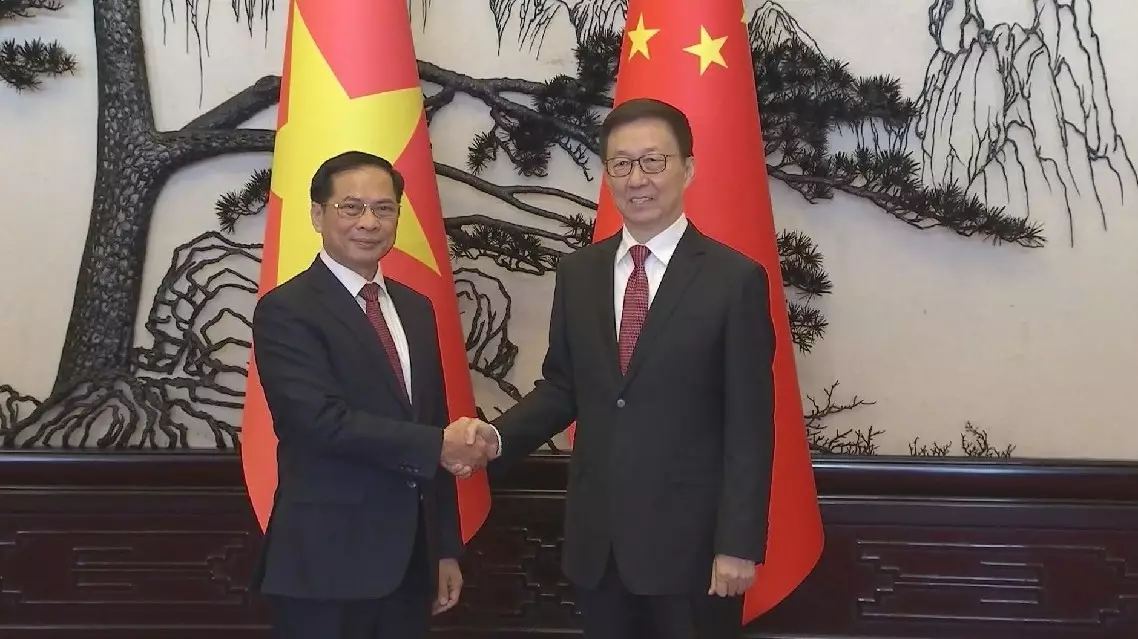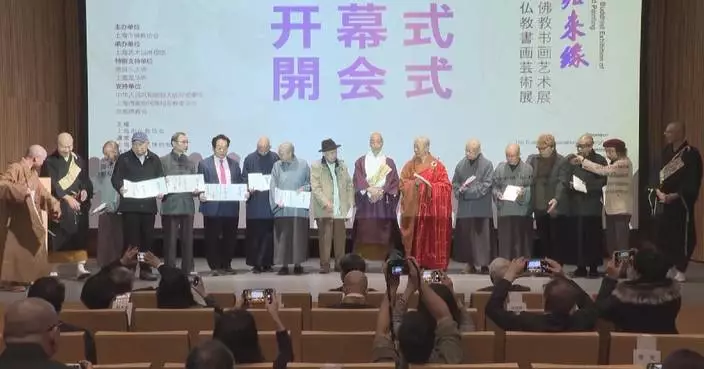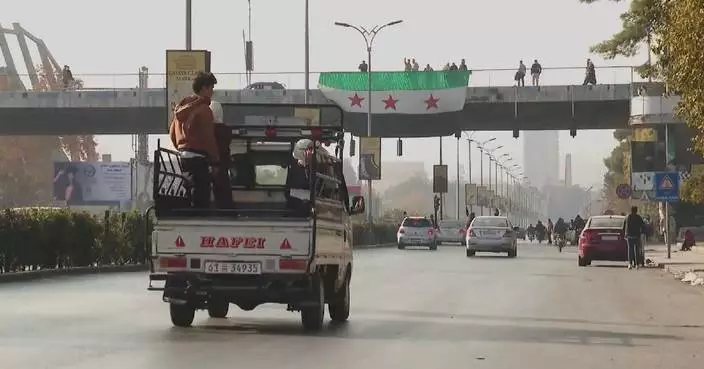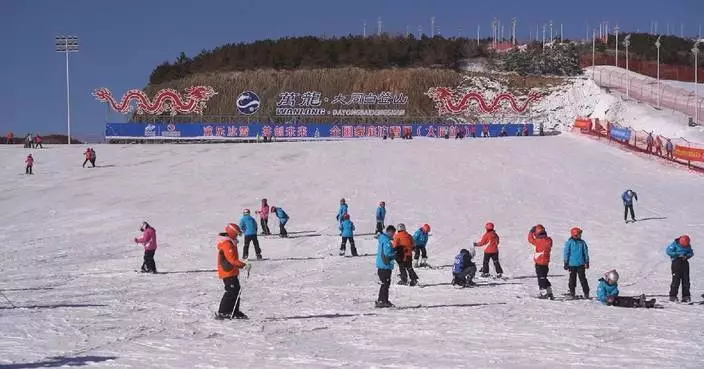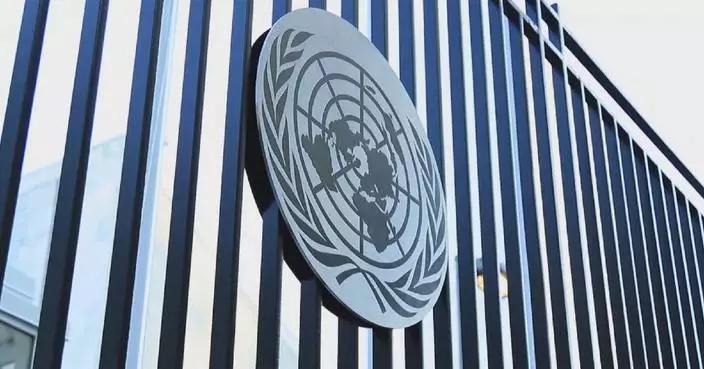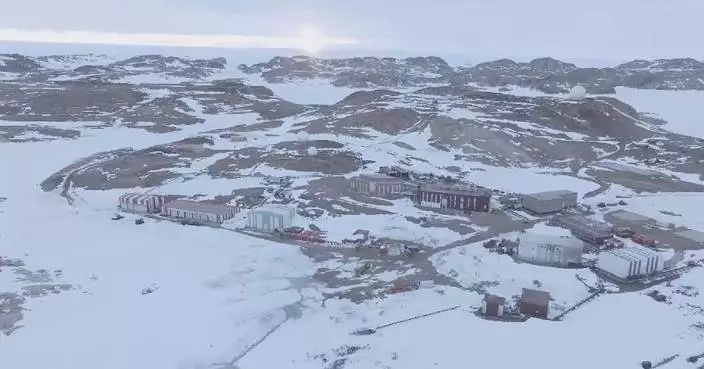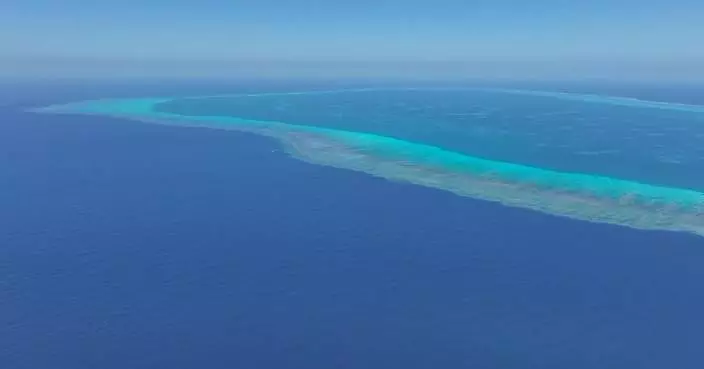The UN peacekeepers will stay in all their positions in Lebanon despite the calls made by the Israeli authorities to vacate the positions that are in the vicinity of the Blue Line between Lebanon and Israel, the UN peacekeeping chief said on Monday.
"As you know, the decision was made that UNIFIL (United Nations Interim Force in Lebanon) would currently stay in all its positions, in spite of the calls that were made by the Israeli Defense Forces (IDF) to vacate the positions that are in the vicinity of the Blue Line. I want to emphasize that this decision still remain. It was confirmed this morning by the (UN) Secretary General. We had an executive committee meeting on that specific issue. And I want also to emphasize that this was a decision that was very carefully considered based on a number of elements and criteria. And of course, safety and security of the peacek-eepers is a paramount priority," said Jean-Pierre Lacroix, the UN under-secretary-general for peace operations, after briefing the United Nations Security Council on the latest situation in Lebanon.
"The mission is in contact with the IDF. The liaison mechanism continues to work. The force commander has been in regular touch with the counterparts in the Israeli Defense Forces. I am in touch as well with the Israeli authorities. I will be meeting the Israeli Permanent Representative (to the United Nations) tomorrow, and of course, we're also in touch with the Lebanese authorities and the Lebanese Armed Forces," he added.
Meanwhile, the Security Council on Monday voiced its strong concern over the ongoing hostilities across the Blue Line, which have wounded several peace-keepers over the past days.
The UNIFIL, which has around 10,000 members, is deployed in southern Lebanon as a buffer with Israel.
The UNIFIL was originally created by the United Nations Security Council in March 1978 to confirm Israeli withdrawal from Lebanon, restore international peace and security and assist the Lebanese government in restoring its effective authority in the area. The mandate had to be adjusted twice, due to the developments in 1982 and 2000.
Following the July/August 2006 crisis, the Security Council enhanced the UNIFIL and decided that in addition to the original mandate, it would, among other things, monitor the cessation of hostilities, accompany and support the Lebanese armed forces as they deploy throughout the south of Lebanon, and extend its assistance to help ensure humanitarian access to civilian populations and the voluntary and safe return of displaced persons.
The Blue Line, stretching for 120km along Lebanon's southern frontier, is set by the United Nations in 2000, which separates the Lebanese and Israeli armed forces.
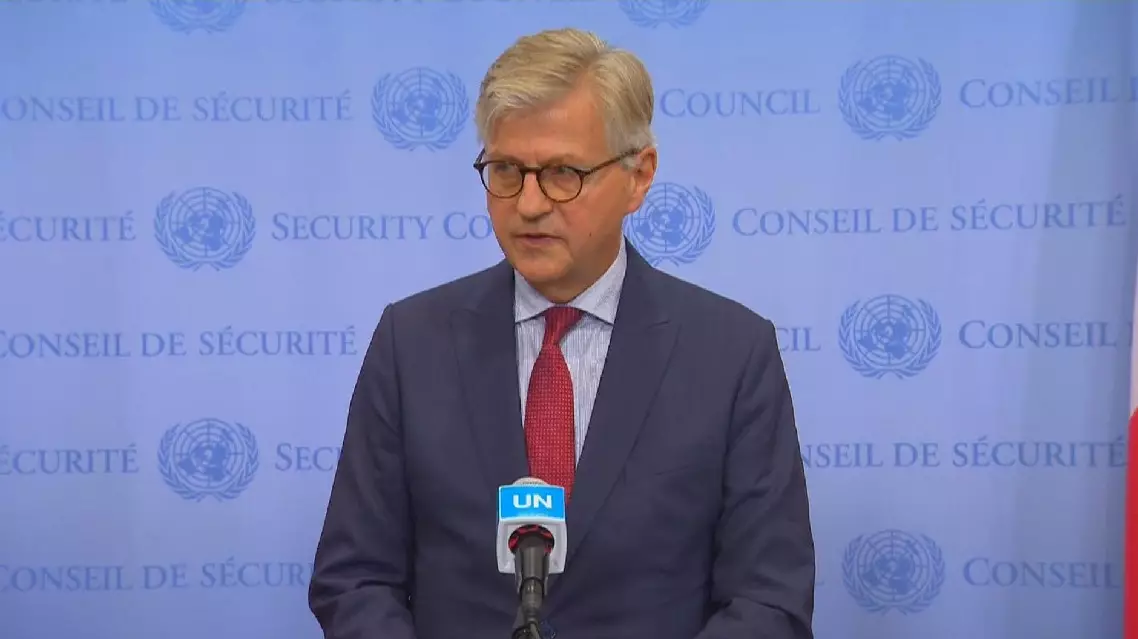
UN peace-keepers to stay in positions in Lebanon despite Israeli call to vacate: peacekeeping chief
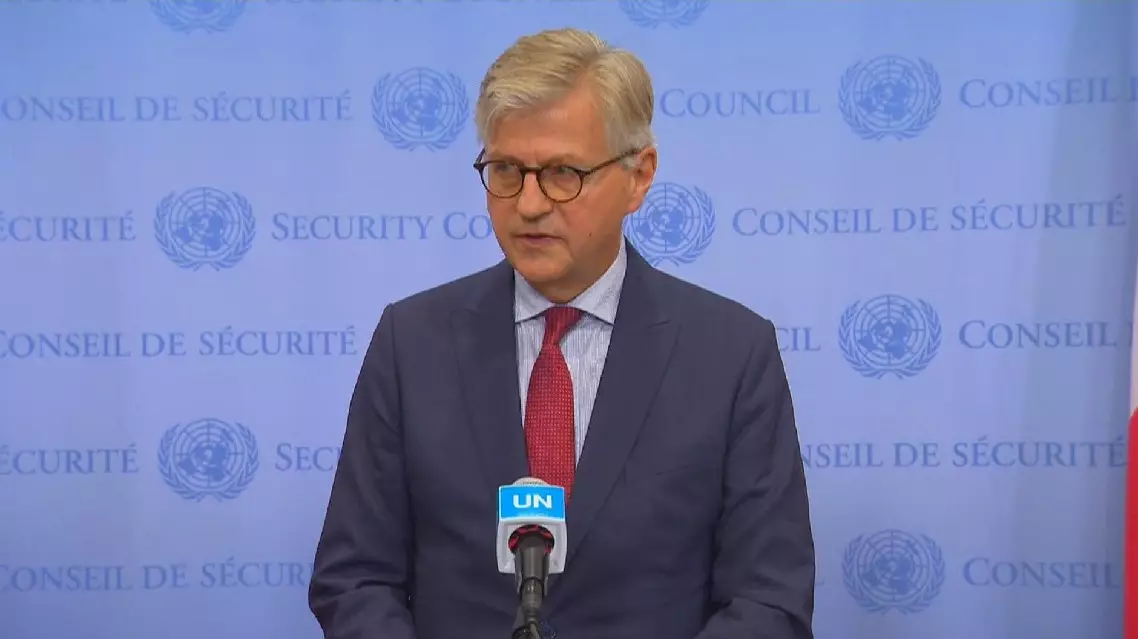
UN peace-keepers to stay in positions in Lebanon despite Israeli call to vacate: peacekeeping chief


